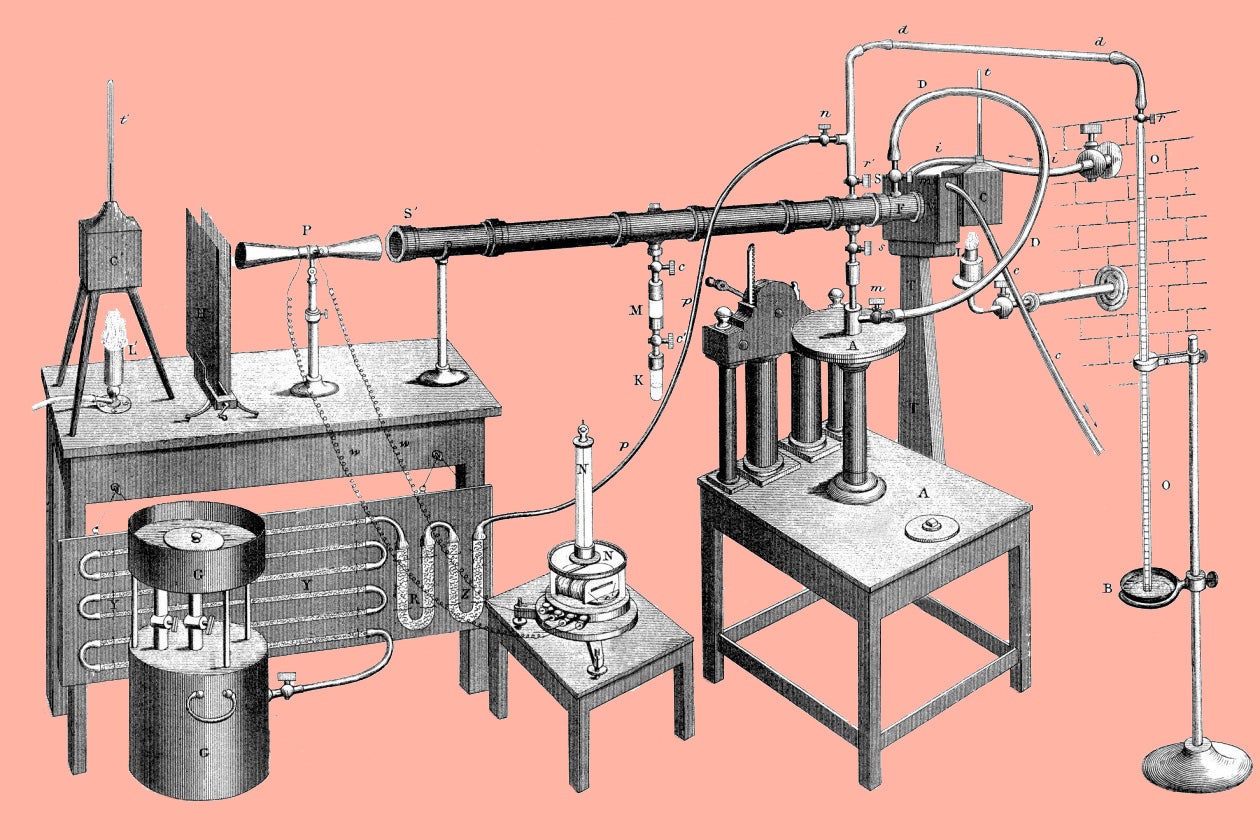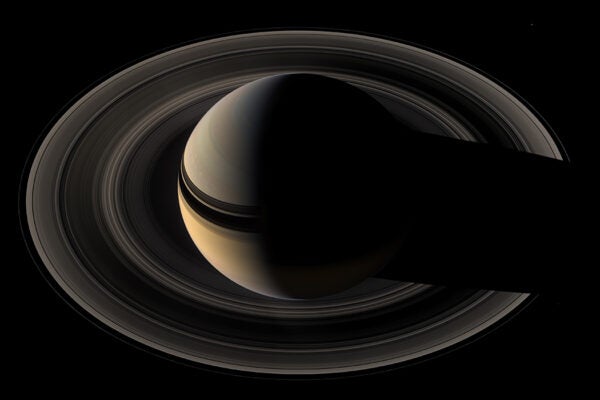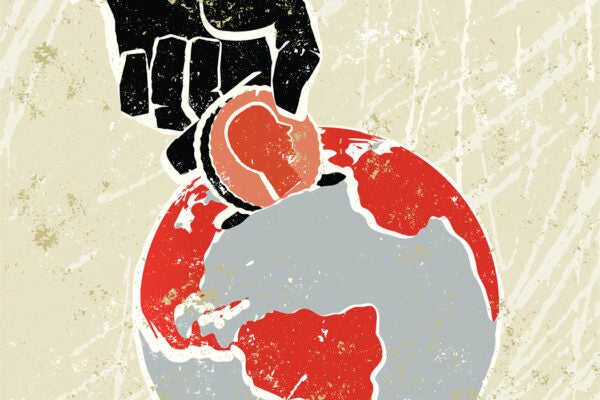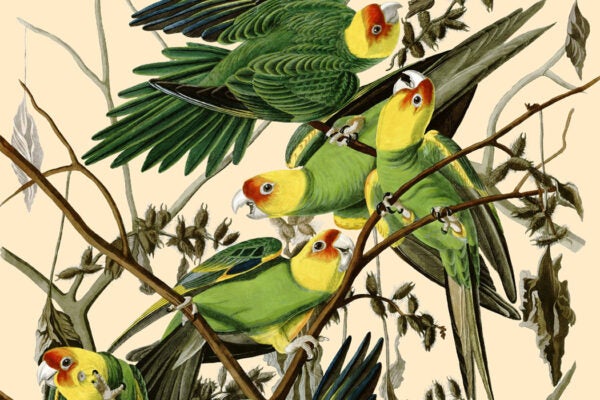The year 2019 was a real bummer for old Planet Earth. Here are JSTOR Daily, we reflected on the fires in the Amazon and wondered how climate change might threaten our favorite wines. But we also tried to find lessons in the past and to honor those who believe that we still can shape our future. Here are our 15 of our most popular sustainability stories of the year, as always, backed by scholarship and research to which our readers have free access.
Can Crops’ Wild Relatives Save Troubled Agriculture?
December 10, 2019
Cultivating a limited number of crops reduced the genetic diversity of plants, endangering harvests. Seed collectors hope to fix it by finding the plants’ wild cousins.
How 19th Century Scientists Predicted Global Warming
December 17, 2019
Today’s headlines make climate change seem like a recent discovery. But Eunice Newton Foote and others have been piecing it together for centuries.
The Miyawaki Method: A Better Way to Build Forests?
July 24, 2019
India’s forest production company is following the tenets of the master Japanese botanist, restoring biodiversity in resource-depleted communities.
How Much Carbon Will It Cost to Read This Story?
October 17, 2019
Just how significant is the internet’s carbon footprint?
A History of Human Waste as Fertilizer
November 18, 2019
In eighteenth century Japan, human excrement played a vital role in agriculture. Can similar solutions help manage waste today?
Did Humans Once Live by Beer Alone? An Oktoberfest Tale
September 24, 2019
Some scholars have suggested that humans first started growing domesticated grains in order to make not bread, but beer.
Naomi Klein: We Are Sleepwalking toward Apocalypse
September 18, 2019
Klein talks about her new book, On Fire: The Burning Case for a Green New Deal, and the youth movement for climate action.
Will There Be Wine After Climate Change?
October 29, 2019
Vintners may have to adjust their centuries-old traditions to keep the wines flowing
The High Environmental Costs of Cruise Ships
July 1, 2019
Cruise ships pose many environmental concerns, from waste disposal to toxic paint to the creation of noise that can harm marine life.
How to Carve Up a Cow, Sustainably
October 22, 2019
The industrial method of meat harvesting wastes a lot of food. Eco-conscious butchers are changing that.
What Desert Cities Can Teach Us about Water
October 8, 2019
Pushed by necessity, the country’s least sustainable region evolved to master its water use. As climate heats up, other cities may adopt similar tactics.
The Brewery Powered by a Wind Turbine
October 1, 2019
Inspired by the legendary Wright Brothers, local brewers on the Outer Banks of NC are harnessing wind power for their pints.
The Environmental Downside of Cannabis Cultivation
June 18, 2019
Wide-scale cannabis cultivation is causing environmental damage. Federal regulations could change this.
Rachel Carson’s Critics Called Her a Witch
February 21, 2019
When Silent Spring was published, the response was overtly gendered. Rachel Carson's critics depicted her as hysterical, mystical, and witchy.
Chinese Peasants Taught the USDA to Farm Organically in 1909
May 21, 2019
A hundred years later, we are still learning.
What are your favorites? Head over to our Facebook page and let us know!




















